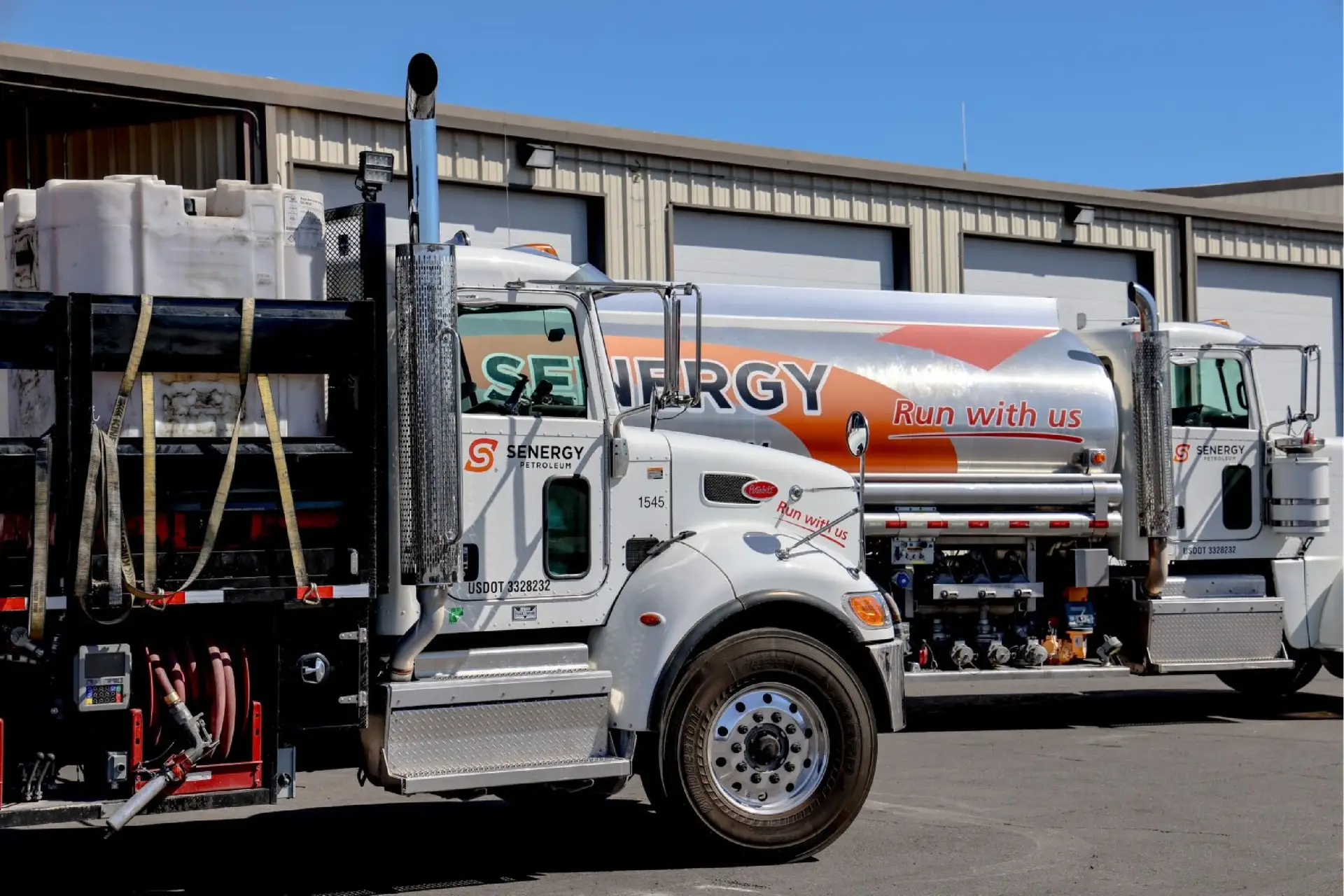Why Diesel Engines Need Lubricants for Peak Performance
Diesel engines are widely relied upon in transportation, industry, and agriculture for their efficiency and durability. They are particularly essential in heavy-duty applications such as construction, farming, and over-the-road trucking, where equipment faces tough operational demands. Diesel engines operate under extreme conditions, including high pressure and temperature, which require specially engineered lubricants to deliver consistent performance.
Diesel engine oils are specially formulated to handle the heat, pressure, and challenges of diesel fuel. They reduce wear, prevent corrosion, and manage soot and sludge, ensuring smooth, efficient operation in demanding conditions.
Let’s look into the specific lubrication and additive requirements of diesel engines, emphasizing their vital role in achieving maximum performance.
The Excessive Stress of Diesel Engines
Diesel engines face greater stress than gasoline engines, making proper lubrication vital for performance and longevity. Engineered for higher compression ratios, diesel engines generate greater combustion temperatures, placing intense demands on internal components. As a result, these conditions rapidly degrade standard oils, leaving them unable to protect or lubricate effectively.
Furthermore, the complex combustion process of diesel engines introduces challenges like sulfur impurities, which can create corrosive byproducts. With high pressures and these impurities, diesel engines demand specialized oils that not only prevent wear but also combat corrosion and reduce deposits. Diesel engine oils are specifically formulated to handle these stresses, ensuring engines can deliver power safely and efficiently.
In addition, heavy-duty engines in construction equipment, buses, and trucks operate under constant high stress. These applications require durable lubricants that outperform standard oils, providing the resilience needed for intense, prolonged use. Consequently, specialized diesel engine oils are indispensable for preserving engine health and ensuring reliable performance in demanding commercial and industrial settings.
Why Diesel Engine Oil Is Unique
Diesel engine oil addresses the unique challenges of diesel engines through specialized formulation. Its enhanced thermal stability withstands the high temperatures generated by diesel engines’ increased compression ratios, ensuring consistent protection even under extreme heat.
Diesel engines also produce significantly more soot than gasoline engines, which can impair performance if left unmanaged. To counter this, diesel oils include detergent and dispersant additives that prevent soot particles from clumping. These additives keep soot suspended in the oil, allowing it to be removed during maintenance and reducing sludge buildup. Without these protective measures, soot can clog oil passageways, diminish lubrication, and lead to engine damage.
In addition to these advanced additives, diesel oils feature a higher viscosity index compared to standard oils. Viscosity refers to the oil’s thickness and its ability to flow at varying temperatures. Diesel oils are formulated to remain sufficiently thick to protect the engine when cold, yet fluid enough to flow freely and lubricate effectively when the engine is warm. This balance ensures that critical engine components are properly protected in all operating conditions.
A lower-viscosity oil lacks the strength to endure the elevated pressures and temperatures characteristic of diesel engines. By contrast, the higher viscosity of diesel oil provides robust lubrication to reduce wear and friction, safeguarding engine performance even under the heavy demands of commercial and industrial applications.
Hear From One of Our Fuel Experts
The Use of Additives in Diesel Engine Oil
Additives are crucial to diesel engine oils, enhancing performance and providing essential protection. They serve various purposes, including maintaining cleanliness and minimizing wear, corrosion, and oil degradation in harsh diesel engine conditions.
The most common additives are dispersants and detergents. Detergents remove carbon deposits and soot from engine surfaces, preventing buildup on critical components. Dispersants suspend dirt and soot particles in the oil, allowing them to be flushed away during regular changes. This cleaning action ensures optimal engine performance and protects sensitive parts from damage.
Anti-wear additives are also vital. Diesel engines operate under heavy loads, creating high friction between moving parts. These additives form a protective layer, reducing metal-to-metal contact and wear on key components like camshafts, pistons, and bearings, promoting longer engine life and consistent performance.
Corrosion inhibitors are essential due to the higher sulfur content in diesel fuel, which can produce corrosive byproducts. These inhibitors form a barrier on engine surfaces, neutralizing acids and preventing corrosion over time. Oxidation inhibitors slow down oil breakdown caused by heat, preventing sludge and acidic compounds from forming. This extends oil life, reducing the need for frequent changes.
With these advanced additives, diesel engine oils provide the durability and performance required to protect engines under tough operating conditions, ensuring long-term reliability and efficiency.


The Impact of Inadequate Lubrication on Diesel Engine Performance
Diesel engines rely on proper lubrication to maintain optimal performance and extend engine life. Motor oil forms a protective layer between moving parts, reducing friction and preventing wear. However, when oil becomes contaminated or improperly blended, it loses its ability to protect the engine. This failure accelerates wear on critical components, often leading to premature part failure and costly repairs.
Poor lubrication can also result in varnish and sludge buildup, which clogs oil passages and restricts the free flow of oil. Without adequate oil flow, the engine cannot achieve proper lubrication, resulting in increased friction and excessive heat. This heat weakens engine components, further compounding wear and decreasing engine efficiency. Additionally, carbon and soot accumulation on engine parts due to inadequate lubrication can exacerbate the wear and diminish performance over time.
Excessive friction and heat caused by poor lubrication not only reduce engine reliability but also significantly impact fuel efficiency. The engine must work harder to overcome resistance, burning more fuel and increasing operating costs.
To prevent these issues, timely use of high-quality diesel engine oil and adherence to regular oil change schedules are essential. Proper maintenance ensures the engine remains protected, efficient, and ready to perform under demanding conditions.
Maintenance of Diesel Performance
At Senergy Petroleum, we understand that maximizing diesel engine performance and lifespan starts with proper maintenance. Regular oil changes, high-quality diesel engine oil, and routine inspections of fuel and air filters ensure engines remain efficient, reliable, and cost-effective. By investing in consistent care and the right lubricants, operators can prevent costly repairs and keep their engines running at peak performance for years to come. Trust Senergy Petroleum to provide the products and expertise you need to drive your diesel engines to their full potential.

